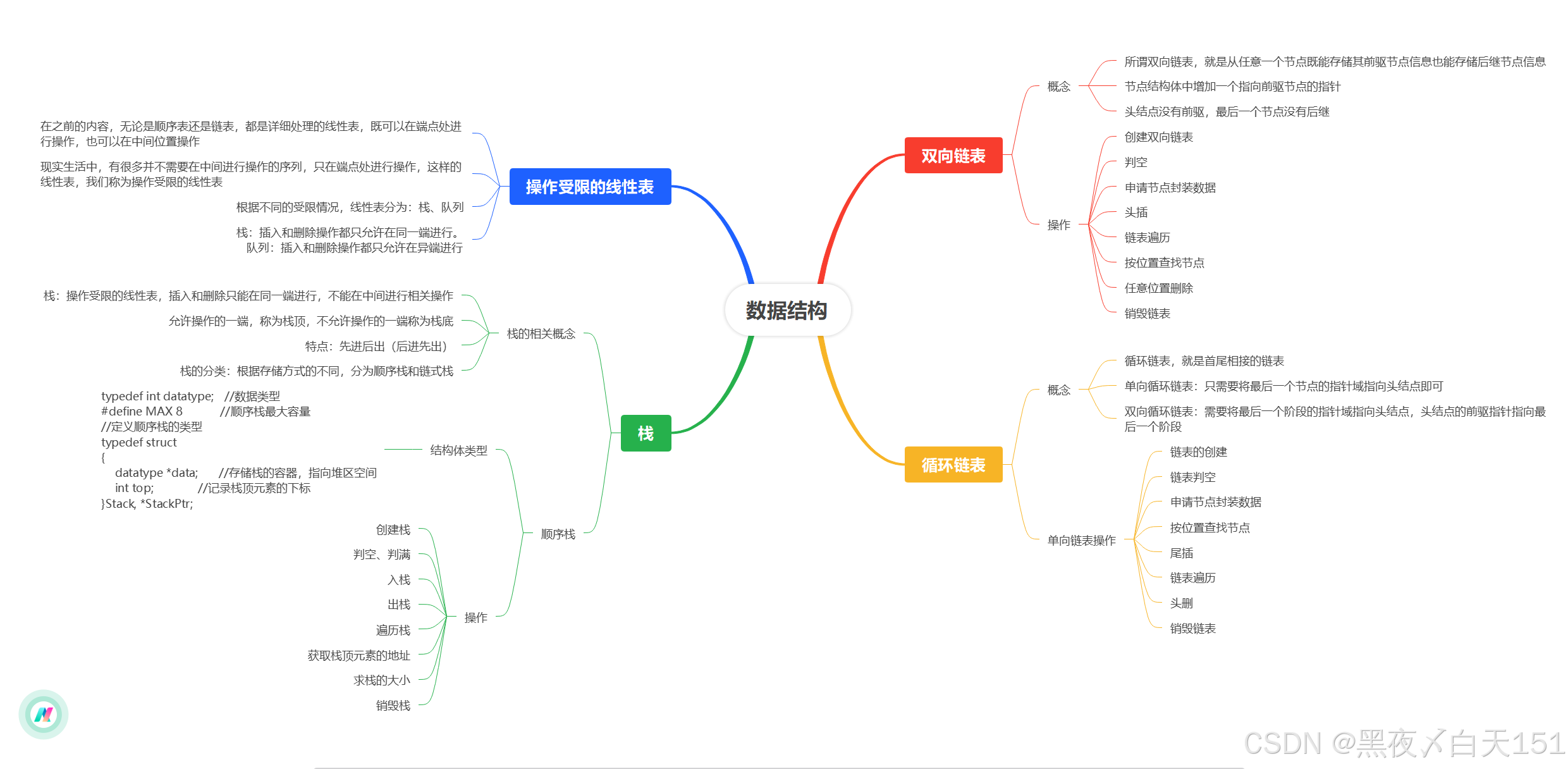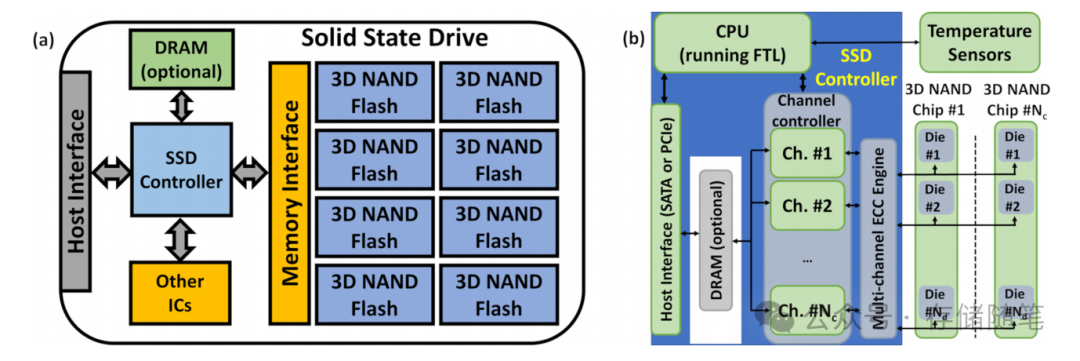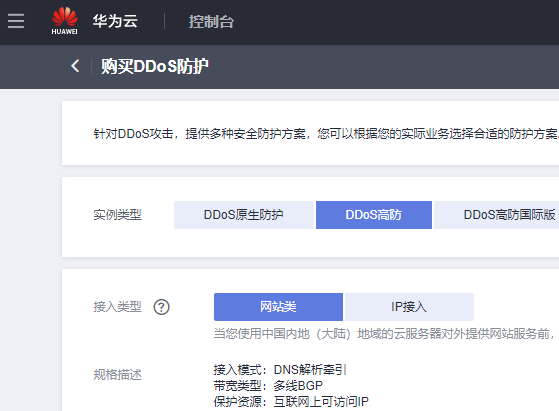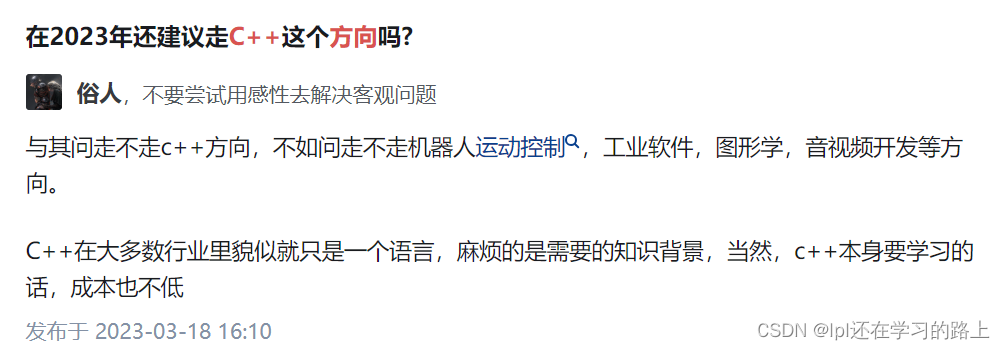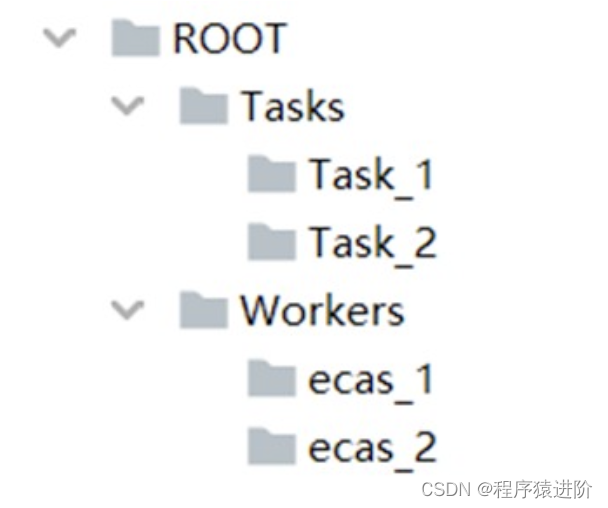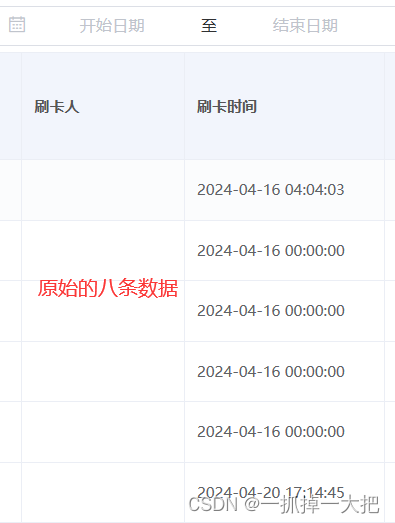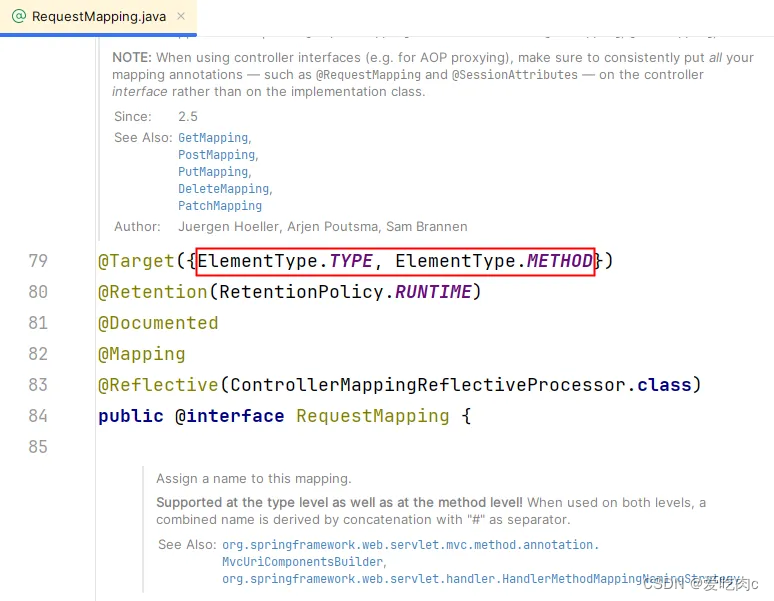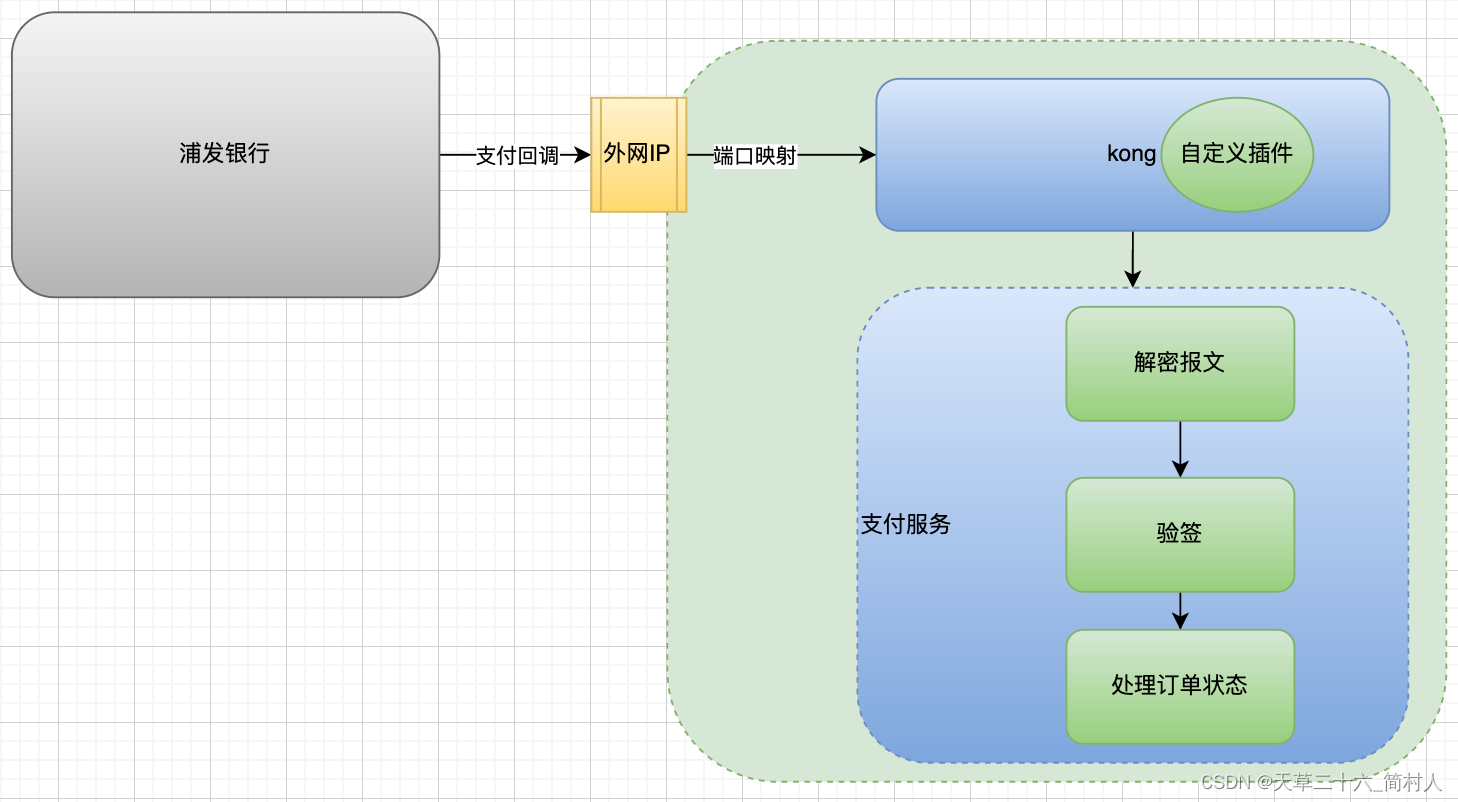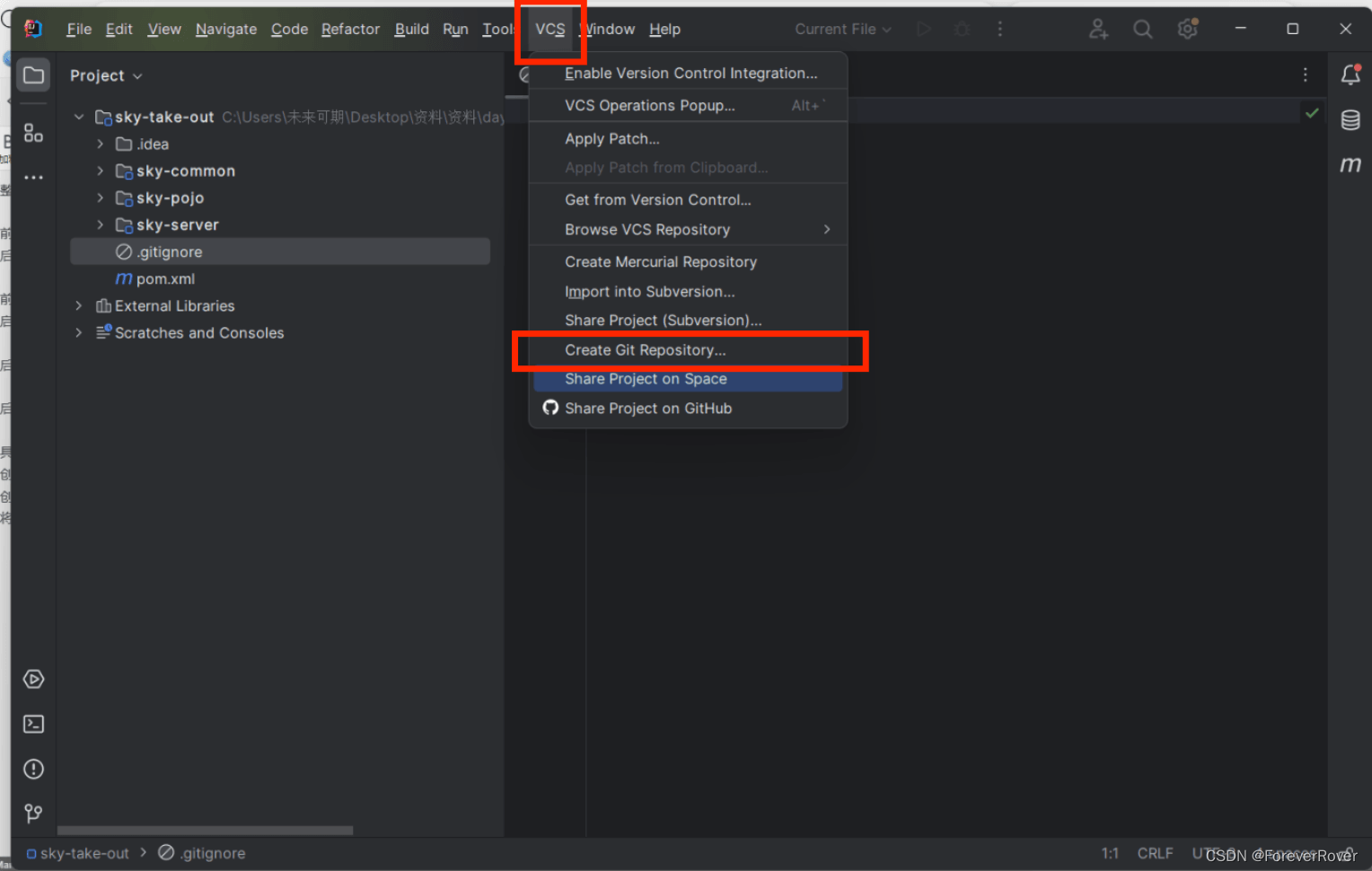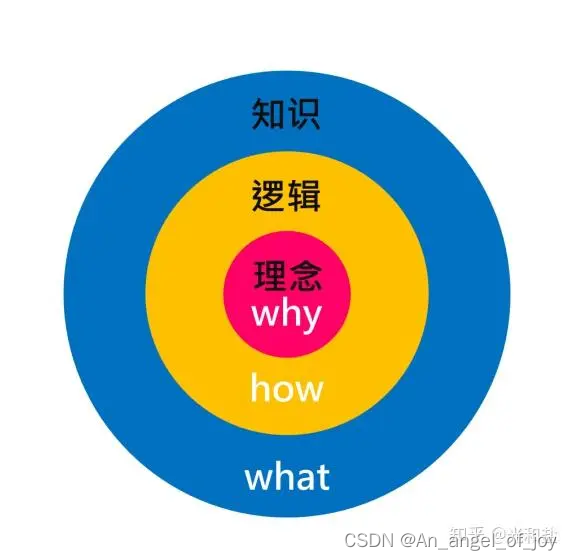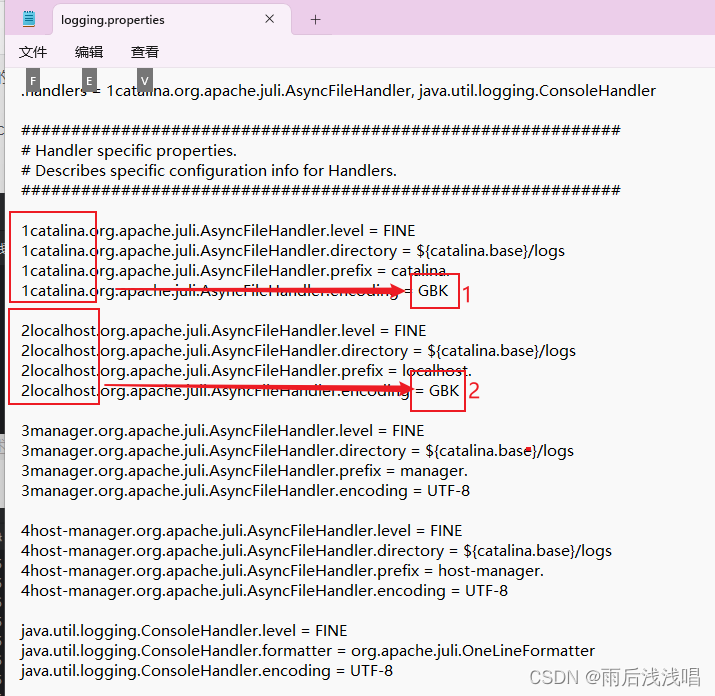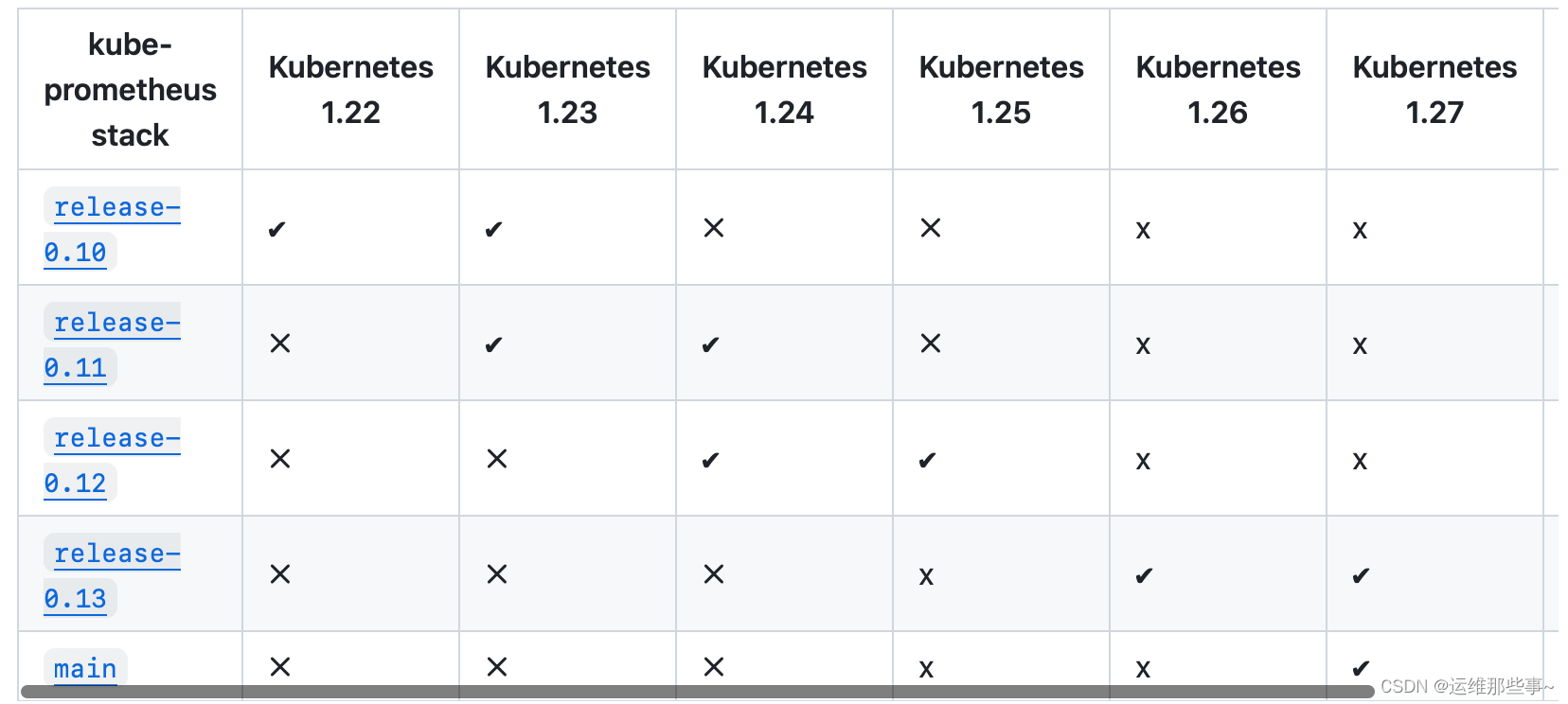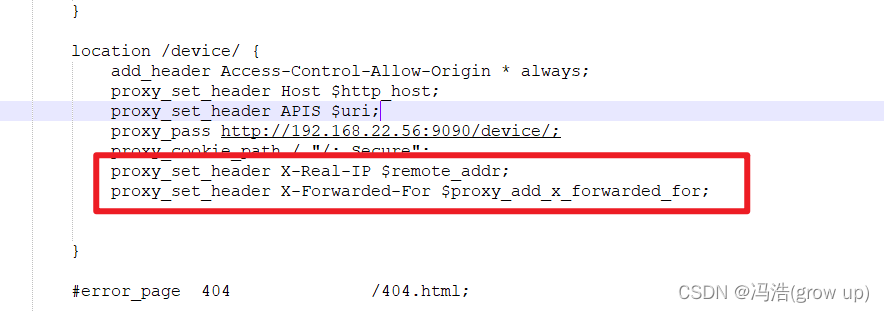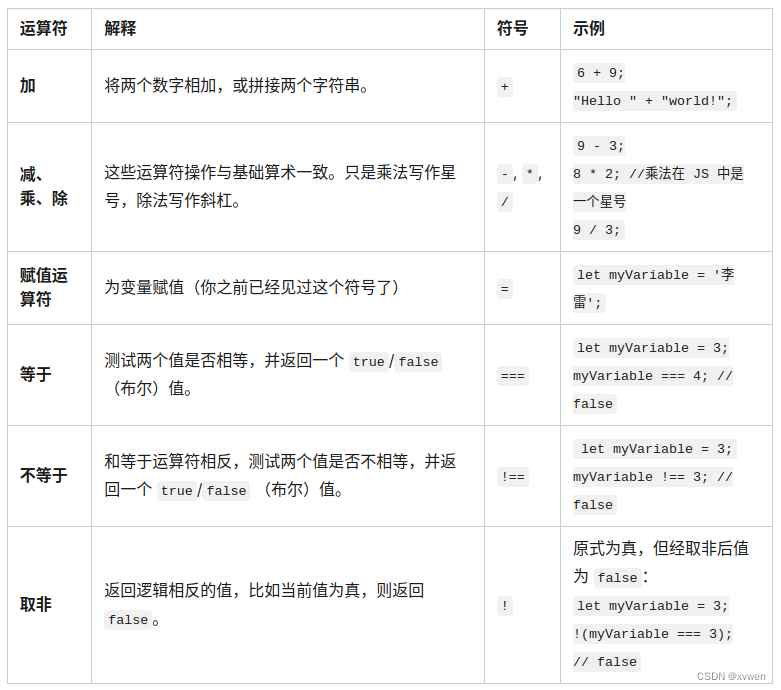1、运算符重载
C++为了增强代码的可读性引入了运算符重载,运算符重载是具有特殊函数名的函数,也是具有其返回值类型,函数名字以及参数列表,其返回值类型和参数列表与普通的函数类似。
函数名字为:关键字operator后面接需要重载的运算符符号;
函数原型:返回值类型 operator操作符(参数列表)。
注意:
1.不能通过链接其他符号来创建新的操作符:比如 operator@;
2.重载操作符必须有一个类类型参数;
3.用于内置类型的运算符,其含义不能改变,例如:内置类型的+,不能改变其含义;
4.作为类成员函数重载时,其形参看起来比操作书数数目少1,因为成员函数的第一个参数为隐藏的this;
5. .* :: sizeof ?: . 注意以上五个运算符不能重载,这个经常在笔试选择题中出现。
//运算符重载
bool operator<(const Date& d);
bool operator==(const Date& d);
bool operator<=(const Date& d);
bool operator>(const Date& d);
bool operator>=(const Date& d);
bool operator!=(const Date& d);
//函数实现
bool Date::operator<(const Date& d)
{
if (_year < d._year)
return true;
else if (_year == d._year)
{
if (_month < d._month)
return true;
else if (_month == d._month)
return _day < d._day;
}
return false;
}
bool Date::operator==(const Date& d)
{
return _year == d._year
&& _month == d._month
&& _day == d._day;
}
bool Date::operator<=(const Date& d)
{
return *this < d && *this == d;
}
bool Date::operator>(const Date& d)
{
return !(*this <= d);
}
bool Date::operator>=(const Date& d)
{
return !(*this <d);
}
bool Date::operator!=(const Date& d)
{
return !(*this == d);
}当我们重载了 < 和 == 时,就可以复用这两个运算符,重载<= > >= != ,更加方便了。
2、赋值运算符重载
1、赋值运算符重载格式
1.参数类型:const 参数名&,传递引用可以提高传参效率,(不用再调用拷贝构造了);
2.返回值类型:参数名& 返回引用可以提高返回的效率,有返回值的目的是为了支持连续赋值;
3.检测是否自己给自己赋值
4.返回trhis,要符合连续赋值的含义;
//声明
Date& operator=(const Date& d);
//定义
Date& Date:: operator=(const Date& d)
{
_year = d._year;
_month = d._month;
_day = d._day;
return *this;
}2、赋值运算符只能重载成成员函数,不能重载成全局函数
因为赋值运算符第一个参数是this指针,重载成全局函数,就需要传this指针,而当类里面没有显式定义赋值运算符时,编译器会自动生成一个默认的。此时就会和类外的赋值运算符重载形成冲突,所以赋值运算符只能是成员函数。

3、用户没有显式实现时,编译器会自动生成一个默认的赋值操作符重载,以值的方式逐字节拷贝
注意:内置类型成员变量是直接赋值的,而自定义成员变量需要调用对应类的赋值运算符重载完成赋值,如果自定义类中没有显式实现赋值运算符重载,编译器也会默认生成赋值重载;
class Time
{
public:
Time()
{
_hour = 1;
_minute = 1;
_second = 1;
}
//这个赋值运算符重载写不写都可以,不写的话编译器也会自动生成
/*Time& operator=(const Time& t)
{
if (this != &t)
{
_hour = t._hour;
_minute = t._minute;
_second = t._second;
}
return *this;
}*/
//private:
int _hour;
int _minute;
int _second;
};
class Date1
{
public:
void print()
{
cout << _year << "-" << _month << "-" << _day << endl;
}
private:
// 基本类型(内置类型)
int _year = 1970;
int _month = 1;
int _day = 1;
// 自定义类型
Time _t;
};
int main()
{
Date1 d1;
Date1 d2;
d1 = d2;
d1.print();
d2.print();
return 0;
}但是,我们真的不需要自己写了吗?
不是的,如果类中涉及到资源管理,开辟空间的,就要自己实现赋值重载了,因为编译器自己实现的是浅拷贝,也就是值拷贝,不会额外开辟空间,所以我们自己写深拷贝,和拷贝构造,析构函数差不多。
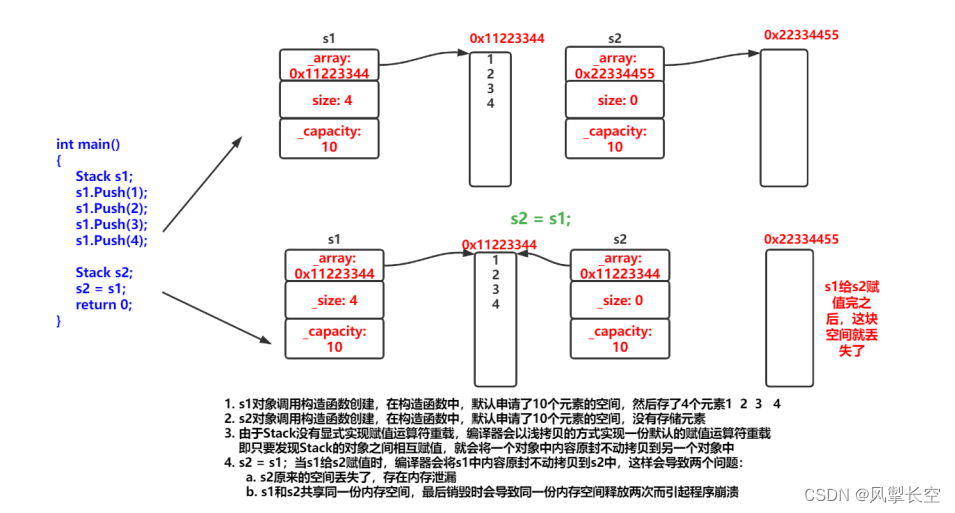
3、前置++和后置++重载
前置++,返回+1之后的结果,
注意:this指向的对象函数结束后不会销毁,故用引用的方式返回提高效率;
后置++,返回+1之前的结果
为了能够区分
C++规定:后置++重载时多增加一个Int 参数,但调用函数时,用户不用传递,编译器会自动传递,(问就是C++规定的)
后置++,要用值的方式返回,因为要在函数内创建一个临时对象tem来保存*this,然后*this++
然后返回tem,
//前置++
Date& Date::operator++()
{
*this += 1;
return *this;
}
//后置++
//int 只是一个标志,代表他是后置的--,没有实际意义
Date Date::operator++(int)
{
Date tem = *this;
*this += 1;
return tem;
}
//前置--
Date& Date::operator--()
{
*this -= 1;
return *this;
}
//后置--
Date Date::operator--(int)
{
Date tem = *this;
*this -= 1;
return tem;
}4、const成员变量
将const修饰的成员函数成为“const成员函数”,,const修饰类成员函数,实际上是修饰该类成员函数隐函的 this 指针,表明在该成员函数中不能对类的成员进行修改。
class Date1
{
public:
Date1(int year, int month, int day)
{
_year = year;
_month = month;
_day = day;
}
void Print()
{
cout << "Print()" << endl;
cout << "year:" << _year << endl;
cout << "month:" << _month << endl;
cout << "day:" << _day << endl << endl;
}
void Print() const
{
cout << "Print()const" << endl;
cout << "year:" << _year << endl;
cout << "month:" << _month << endl;
cout << "day:" << _day << endl << endl;
}
private:
int _year; // 年
int _month; // 月
int _day; // 日
};
void Test()
{
Date1 d1(2022, 1, 13);
d1.Print();
const Date1 d2(2022, 1, 13);
d2.Print();
}
int main()
{
Test();
return 0;
}注意:权限可以缩小,平移,但是不可以放大;
请思考下面的几个问题:
5、日期类的实现
我们还可以重载流插入和流提取
流插入我们要要在类外实现,因为在类中实现,第一个参数是隐形的this指针,而我们希望第一个参数是ostream& out,那我们就定义在类外可以解决这个问题,但是定义在类外我们就无法访问类中的私有的成员变量,就用到了另一个办法,友元,友元的概念就是我是你的朋友,我可以访问你的元素,不管是共有还是私有,这里暂且了解一下,下节会讲;
下面来看日期类的实现,上面的运算符重载都会用到;
//Date.h
#pragma once
#include<iostream>
using namespace std;
int is_year(int y);
class Date
{
friend ostream& operator<<(ostream& out, const Date& d);
friend istream& operator>>(istream& in, Date& d);
public:
Date(int year=1 ,int month=1, int day=1);
Date(const Date& d);
//在类里面定义的函数默认就内联函数
int GetMonthDay(int y, int m)
{
static int months[13] = { 0,31,28,31,30,31,30,31,31,30,31,30,31 };
if (m == 2)
return months[m] + is_year(y);
return months[m];
}
//日期+=天数
Date& operator+=(int day);
Date operator+(int day);
Date& operator-=(int day);
Date operator-(int day);
//++和--
Date& operator++();
Date operator++(int);
Date& operator--();
Date operator--(int);
//日期-日期
int operator-(const Date& d);
//运算符重载
Date& operator=(const Date& d);
bool operator<(const Date& d);
bool operator==(const Date& d);
bool operator<=(const Date& d);
bool operator>(const Date& d);
bool operator>=(const Date& d);
bool operator!=(const Date& d);
//流插入和流输出
~Date();
void print();
private:
int _year;
int _month;
int _day;
};
ostream& operator<<(ostream& out, const Date& d);
istream& operator>>(istream& in, Date& d);
//Date.cpp
#include"Date.h"
int is_year(int y)
{
if (y % 4 == 0 && y % 100 != 0 || y % 400 == 0)
return 1;
return 0;
}
Date::Date(int year , int month , int day )
{
_year = year;
_month = month;
_day = day;
}
Date::Date(const Date& d)
{
cout << "Date::Date(const Date& d)" << endl;
_year = d._year;
_month = d._month;
_day = d._day;
}
Date& Date::operator+=(int day)
{
_day += day;
while (_day > GetMonthDay(_year, _month))
{
_day -= GetMonthDay(_year, _month);
_month++;
if (_month == 13)
{
_year++;
_month = 1;
}
}
return *this;
}
Date Date::operator+(int day)
{
Date tem = *this;
tem += day;
return tem;
}
Date& Date::operator-=(int day)
{
_day -=day;
while (_day < 0)
{
_month--;
if (_month == 0)
{
_year--;
_month = 12;
}
_day += GetMonthDay(_year, _month);
}
return *this;
}
Date Date::operator-(int day)
{
Date tem = *this;
tem -= day;
return tem;
}
//前置++
Date& Date::operator++()
{
*this += 1;
return *this;
}
//后置++
//int 只是一个标志,代表他是后置的--,没有实际意义
Date Date::operator++(int)
{
Date tem = *this;
*this += 1;
return tem;
}
//前置--
Date& Date::operator--()
{
*this -= 1;
return *this;
}
//后置--
Date Date::operator--(int)
{
Date tem = *this;
*this -= 1;
return tem;
}
//日期-日期
int Date:: operator-(const Date& d)
{
Date max = *this;
Date min = d;
int n = 0;
int flag = 1;
if (max < min)
{
max = d;
min = *this;
flag = -1;
}
while (min!=max)
{
++min;
++ n;
}
return n*flag;
}
//赋值运算符重载
Date& Date:: operator=(const Date& d)
{
_year = d._year;
_month = d._month;
_day = d._day;
return *this;
}
bool Date::operator<(const Date& d)
{
if (_year < d._year)
return true;
else if (_year == d._year)
{
if (_month < d._month)
return true;
else if (_month == d._month)
return _day < d._day;
}
return false;
}
bool Date::operator==(const Date& d)
{
return _year == d._year
&& _month == d._month
&& _day == d._day;
}
bool Date::operator<=(const Date& d)
{
return *this < d && *this == d;
}
bool Date::operator>(const Date& d)
{
return !(*this <= d);
}
bool Date::operator>=(const Date& d)
{
return !(*this <d);
}
bool Date::operator!=(const Date& d)
{
return !(*this == d);
}
void Date::print()
{
cout << _year << "-" << _month << "-" << _day << endl;
}
Date::~Date()
{
//cout << "Date::~Date()" << endl;
}
ostream& operator<<(ostream& out, const Date& d)
{
out << d._year << "年" << d._month << "月" << d._day << endl;
return out;
}
istream& operator>>(istream& in, Date& d)
{
cout << "请输入日期:" << endl;
in >> d._year >> d._month >> d._day;
return in;
}
//Test.cpp
#include"Date.h"
//Date func()
//{
// Date d3(2024, 4, 14);
// return d3;
//}
int fx()
{
int a = 10;
int b = 20;
int c = 30;
return a + b + c;
}
//int main()
//{
//
// Date ret = func();
// ret.print();
//
//
// /*Date d1(2024, 4, 14);
// Date d2(2024, 5, 14);
// d1.print();
// d2.print();
// cout << (d2 < d1) << endl;
// cout << (d2 <= d1) << endl;
// cout << (d2 > d1) << endl;
// cout << (d2 >= d1) << endl;
// cout << (d2 == d1) << endl;
// cout << (d2 != d1) << endl;*/
//
// return 0;
//}
//Date func()
//{
// Date d3(2024, 4, 14);
// return d3;
//}
//Date& func()
//{
// Date d3(2024, 4, 14);
// return d3;
//}
//int main()
//{
// //const Date& ret = func();
// //ret.print();
//
// return 0;
//}
//Date& func()
//{
// static Date d3(2024, 4, 14);
// return d3;
//}
//int main()
//{
// Date& ret = func();
// ret.print();
//
// return 0;
//}
//class Time
//{
//public:
// Time()
// {
// _hour = 1;
// _minute = 1;
// _second = 1;
// }
// /*Time& operator=(const Time& t)
// {
// if (this != &t)
// {
// _hour = t._hour;
// _minute = t._minute;
// _second = t._second;
// }
// return *this;
// }*/
//
private:
// int _hour;
// int _minute;
// int _second;
//};
//
//class Date1
//{
//public:
// void print()
// {
// cout << _year << "-" << _month << "-" << _day << endl;
// }
//private:
// // 基本类型(内置类型)
// int _year = 1970;
// int _month = 1;
// int _day = 1;
// // 自定义类型
// Time _t;
//};
//int main()
//{
// Date1 d1;
// Date1 d2;
// d1 = d2;
//
// d1.print();
// d2.print();
// return 0;
//}
//int main()
//{
// Date d1(2024, 4, 15);
// Date d2(2024, 2, 15);
// d2 = d1;
//
// d1.print();
// d2.print();
//
//
// return 0;
//}
//class Date1
//{
//public:
// Date1(int year, int month, int day)
// {
// _year = year;
// _month = month;
// _day = day;
// }
// void Print()
// {
// cout << "Print()" << endl;
// cout << "year:" << _year << endl;
// cout << "month:" << _month << endl;
// cout << "day:" << _day << endl << endl;
// }
// void Print() const
// {
// cout << "Print()const" << endl;
// cout << "year:" << _year << endl;
// cout << "month:" << _month << endl;
// cout << "day:" << _day << endl << endl;
// }
//private:
// int _year; // 年
// int _month; // 月
// int _day; // 日
//};
//void Test()
//{
// Date1 d1(2022, 1, 13);
// d1.Print();
// const Date1 d2(2022, 1, 13);
// d2.Print();
//}
// int main()
//{
// Test();
// return 0;
//}
int main()
{
Date d1(2024, 4, 17);
Date d2(2024, 9, 14);
cin >> d1 >> d2;
cout << d1 << d2;
/*cout << (d2 - d1) << endl;
d1.print();
d2.print();*/
return 0;
}6、取地址及const取地址操作符重载
这两个默认构造函数一般不用重新定义,编译器会默认生成;
class Date1
{
public:
Date1* operator&()
{
return this;
}
const Date1* operator&()const
{
return this;
}
private:
int _year;
int _month;
int _day;
};这两个运算符一般不需要重载,使用编译器默认生成的取地址重载即可,除非特殊情况,比如想让别人获取到指定的内容!












